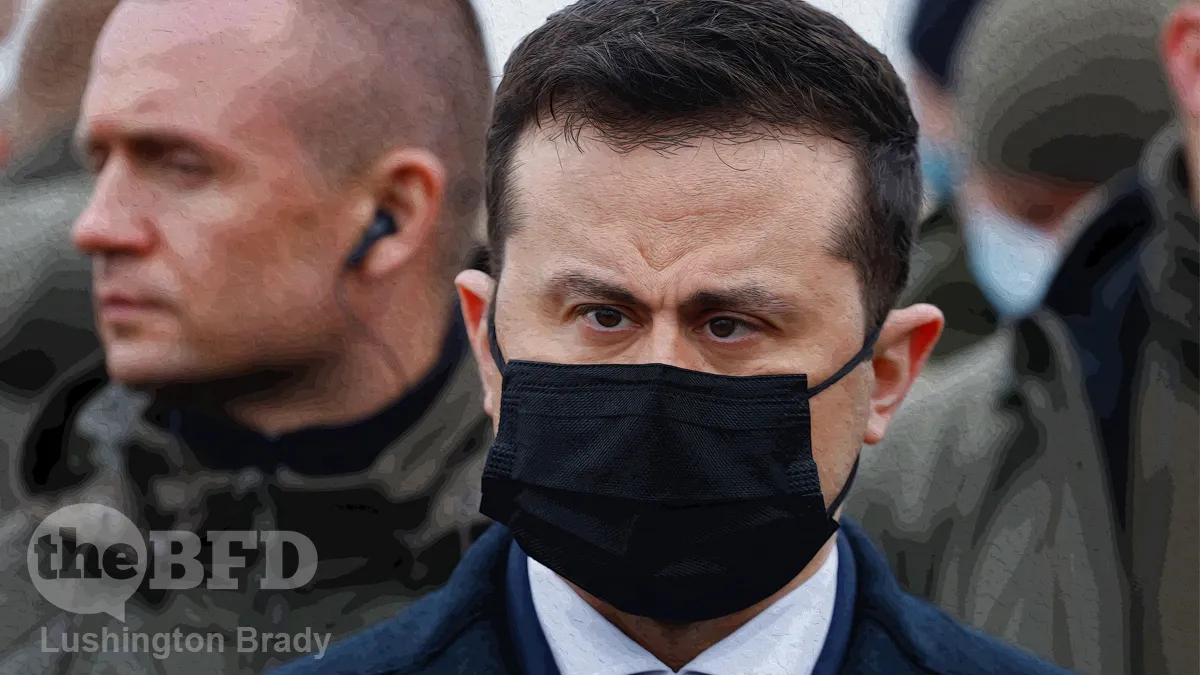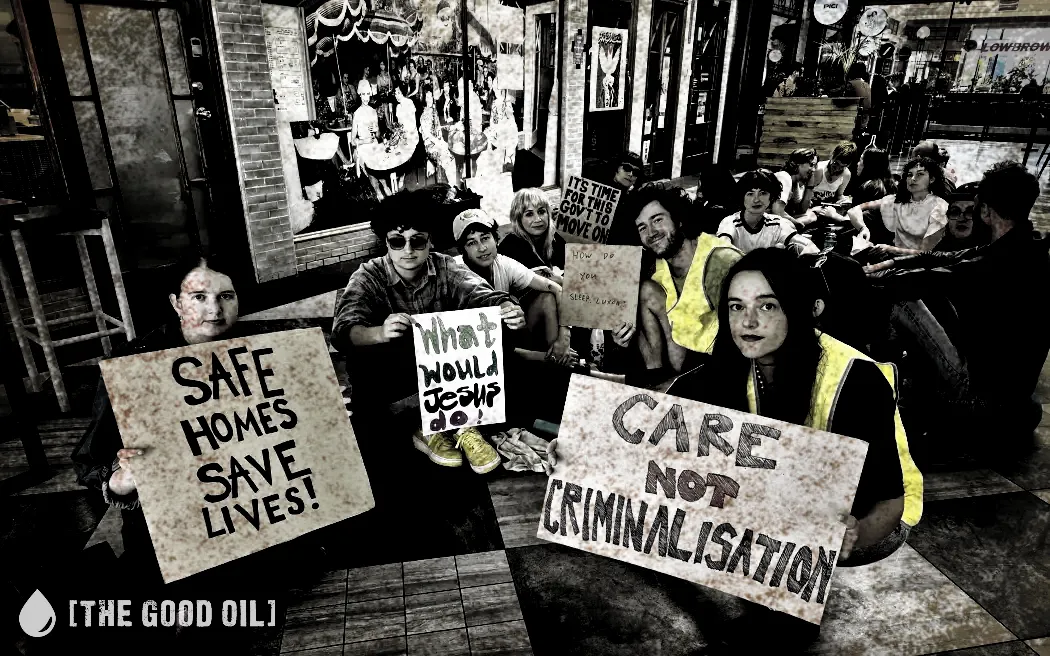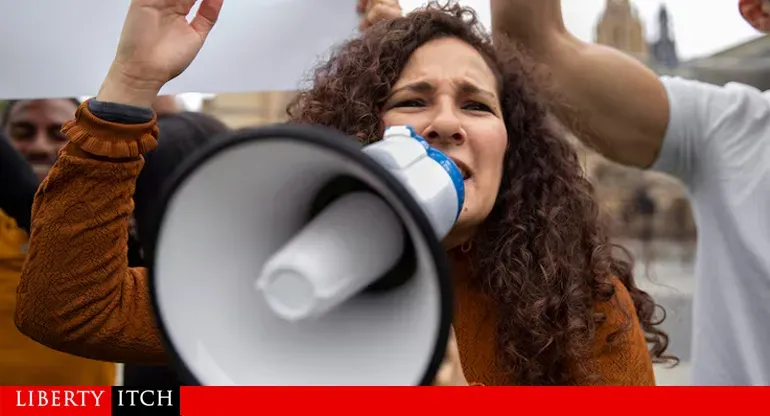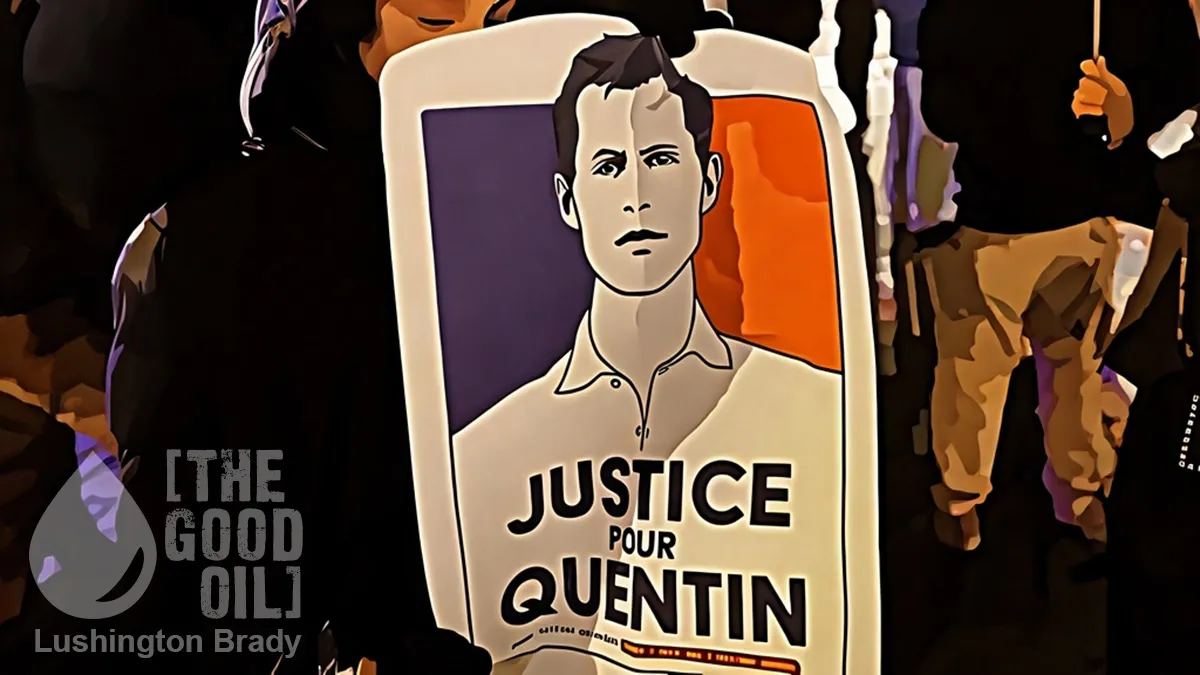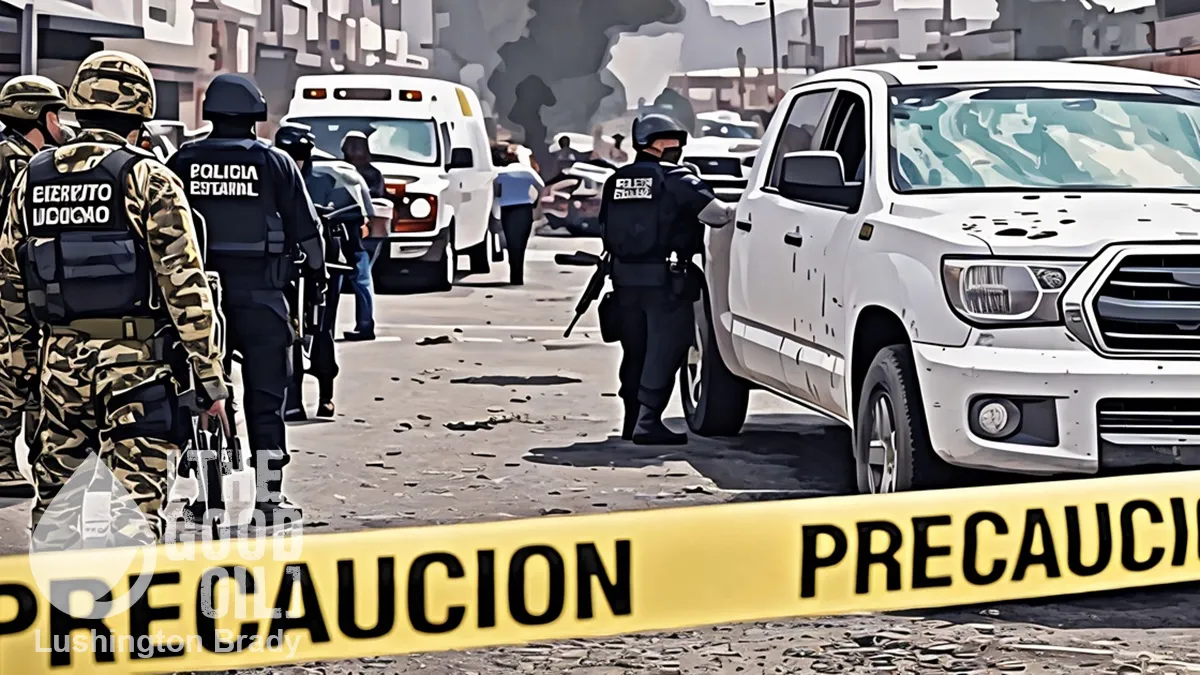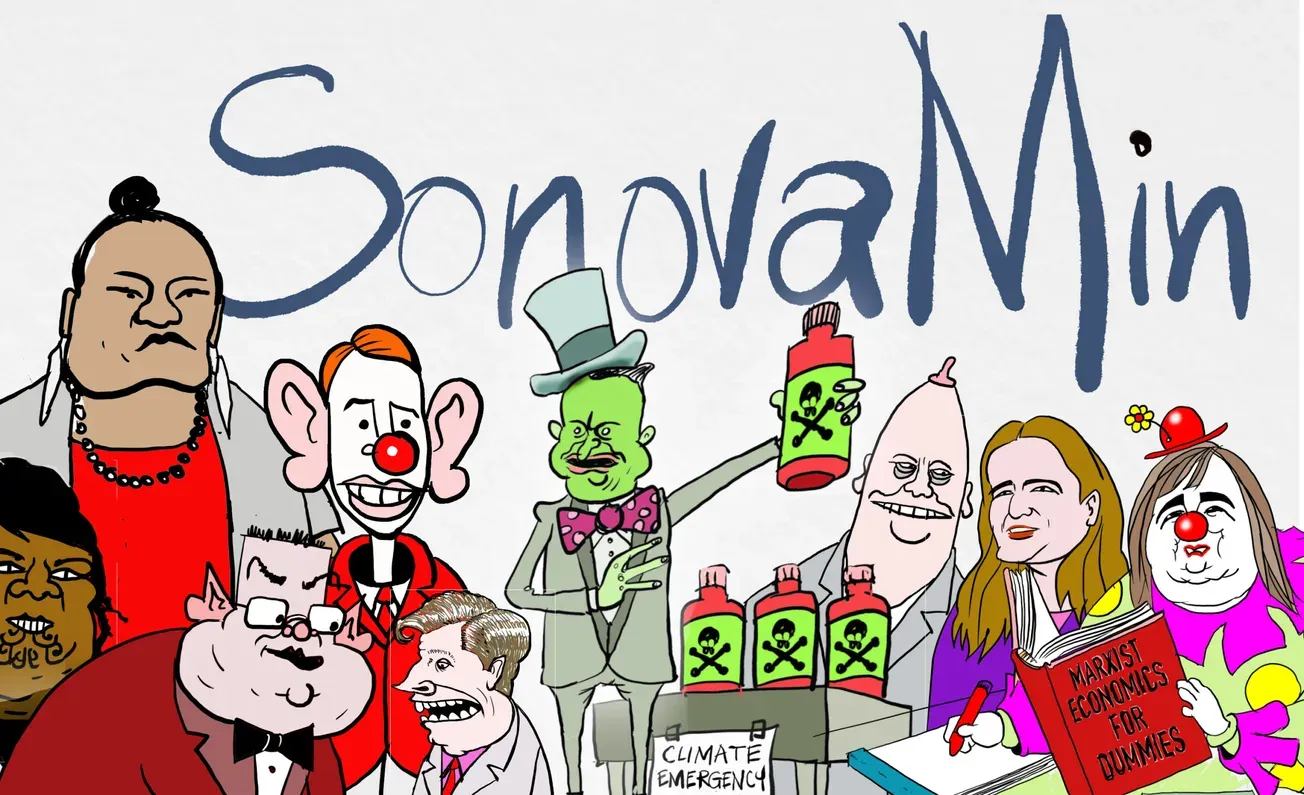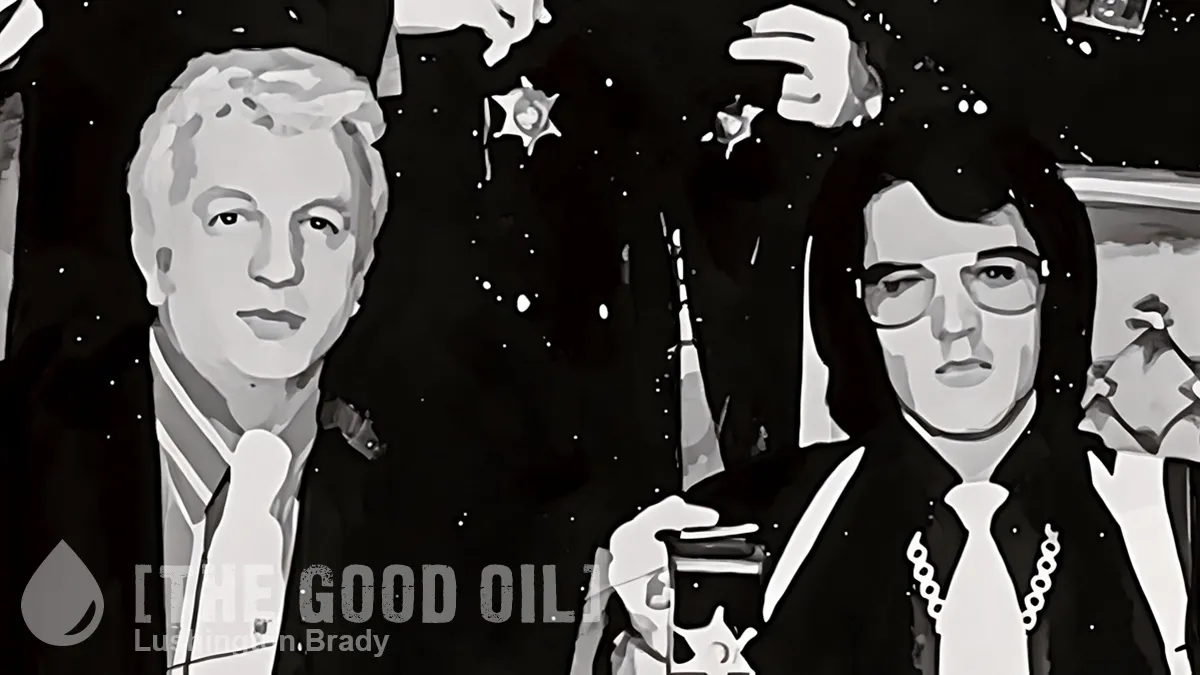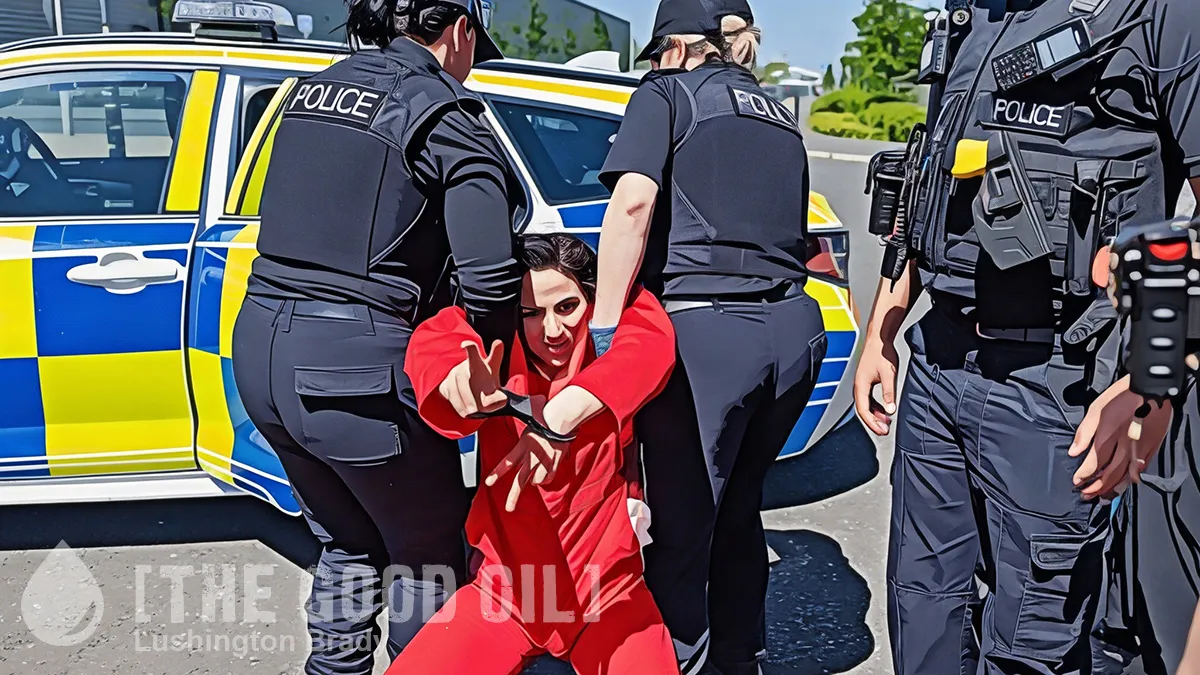Table of Contents
My, what a difference a year and a war make. According to the media-political narrative, Ukrainian president Volodymyr Zelensky is the hero of the age. The new Churchill. The leader of “the cause of all free people”.
Which is a very different tune than they were singing, less than a year ago.
Back then, it was all about how Ukraine was “the most corrupt nation in Europe”, “a new Eurasian far-right rising”, “Ukraine on the Verge of a Far-Right Insurgency”. There was no bones about it: “Far-Right Ideology Has Cemented Itself in Ukraine Under Zelensky”.
“Ukrainian President Vladimir Zelensky was believed to be a reformer and a liberal when he took over the presidency […] however, as recently as August 5, the Ukrainian president demonstrated that he has not deviated from the reactionary and extremist ideology of his predecessor.” That was less than six months ago.
Then, Vladimir Putin invaded Ukraine — and the media turned on a dime.
A case in point is the left-wing EU Observer (MediaBiasFactCheck rates it as “centre-left”, which, given MBFC’s own obvious bias, means that it’s leaning to the far-left).
Right now, EU Observer is hailing Zelensky as “as credible a candidacy for EU membership as can be”, indeed, that admitting Ukraine to the EU is “essential”. Its contributors pontificate that “the cause of Ukraine is the cause of all free people”.
But what was the EU Observer saying, just nine months ago? Well, back then, they were thundering about his “authoritarian turn”.
President Volodymyr Zelensky has begun the third year of his presidency mired in mid-term unpopularity with a poll published last month showing that only 21.8 percent of Ukrainians would vote to re-elect him.
More than half would prefer him not even to run for a second term.
It’s a steep decline from the 73 percent support that swept him to power so dramatically two years ago and a measure of badly voters think he has done to deliver on his promise of change.
To be fair, Ukraine’s far-right problem preceded Zelensky, and many hoped that his presidency would lead to reform. Zelensky campaigned on a platform of “de-oligarchising” Ukraine. But, as the EU Observer noted, “de-oligarchisation” is a malleable concept open to more than one use. Putin used the same argument as a thin excuse to rid himself of many political enemies.
Zelensky, they argued, was doing the same.
There are plenty of signs that Zelensky’s main goal is to strengthen his personal authority. These include a willingness to remove of officials with nominally independent functions […]
Perhaps most troubling of all has been Zelensky’s apparent willingness to use police and judicial powers to advance the interests of his entourage and intimidate political rivals.
The appointment of his old school friend, Ivan Bakanov, as head of the Security Service of Ukraine (SBU), was an early sign that Zelensky intended the power ministries to serve his personal interests.
An MP who released evidence last year implicating the brother of the president’s chief adviser in corruption became the target of an SBU investigation shortly afterwards. Kyiv mayor, Vitaliy Klitschko, accused Zelensky of trying to “pressure” him in May when armed SBU officers raided his apartment block.
EU Observer
As is conveniently forgotten now, Zelensky arrested opposition politicians and shut down three tv stations which had criticised his policies, despite promising to “never, ever shut down any TV networks”. Late last year, Human Rights Watch and more than 20 other human rights groups wrote to Zelensky to criticise a draft bill that, they said, represented a naked power grab.
Zelensky’s authoritarian turn has become a quick-march under the cover of war. Zelensky summarily banned 11 opposition parties and announced that all media would be brought under a single state umbrella.
As Orwell warned, “if all others accepted the lie which the Party imposed—if all records told the same tale—then the lie passed into history and became truth”. When the legacy media and their politicians are all barking from the same script: a script which has flipped without so much as whisper, then it’s time to start asking the hard questions.
And when two authoritarian dogs are fighting over the same bone, then it’s wise to keep well away.

